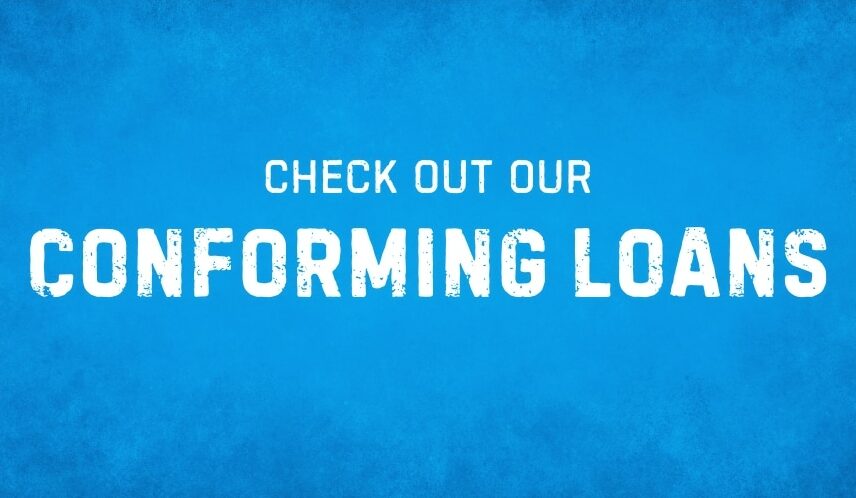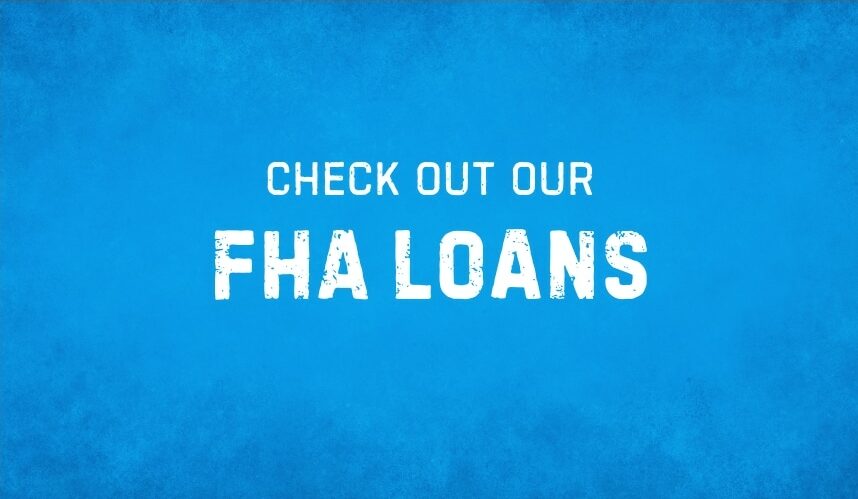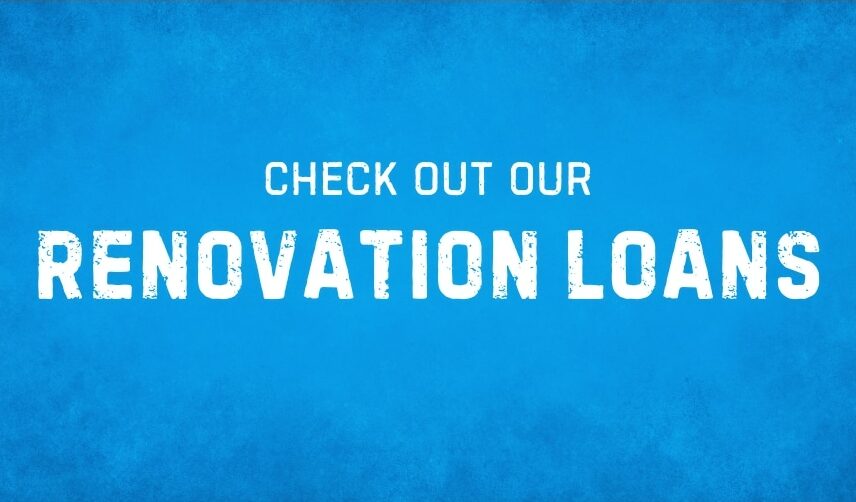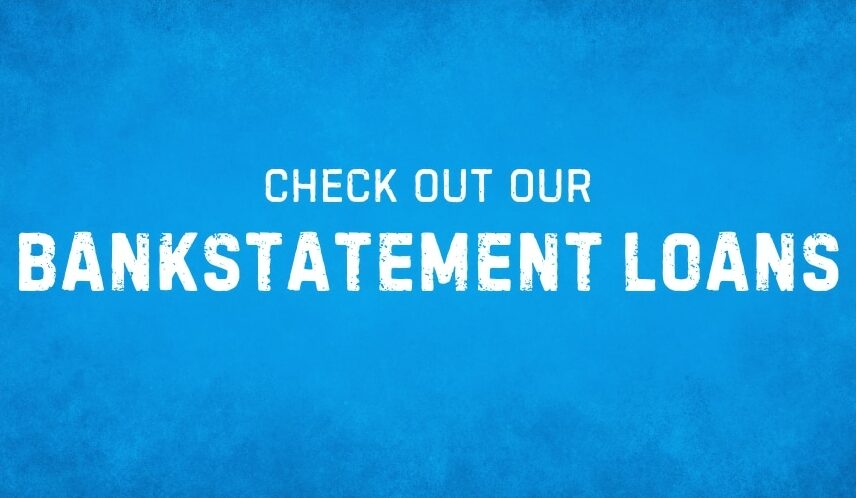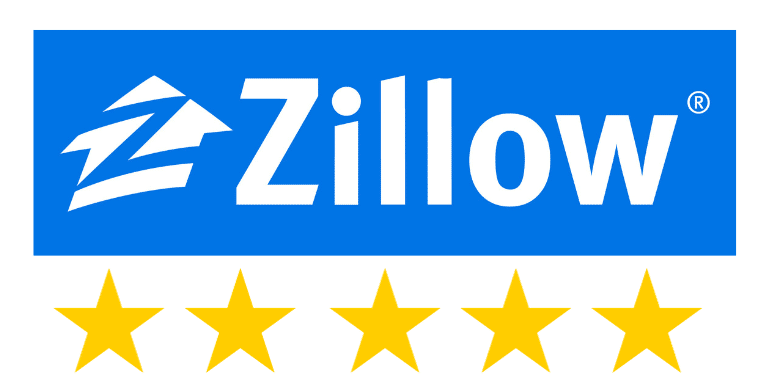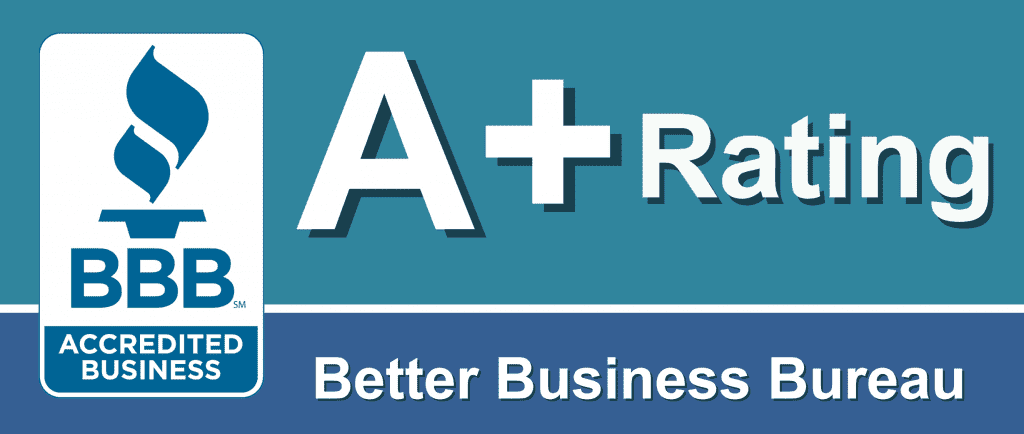
Credit Report Tips For A Lower Mortgage Rate
If you’re buying a home or refinancing your current mortgage, an underwriter will review your credit report to determine if you meet the baseline underwriting requirements.
Before your file goes to an underwriter, review my credit report tips for a lower mortgage rate. I have over 17 years of experience in the mortgage industry and have looked at thousands of credit reports. I’ve seen credit scores below 500 and above 800, but I’ve yet to see a perfect credit score.
My credit report tips for a lower mortgage rate are unique, and they’re real-world solutions for homeowners and homebuyers looking to improve their credit scores.
In addition to my credit report tips, I’ll share how an underwriter reviews a credit report and how to correct credit report errors quickly.
Five Actionable Credit Report Tips
Here are my five actionable credit report tips for a lower mortgage rate. Following these five tips will increase your credit score, enabling you to get a lower mortgage rate.
Pay Before It Cycles
Credit card companies report your balance to the credit bureaus as represented on your monthly statement1. If your balance is $4,000 on your statement, that’s what is reported to the credit bureaus, and that can be a problem if your credit limit is $5,000, even if you pay off your credit card.
To avoid this, pay before it cycles. If you can make a substantial payment, then make your payment to the credit card before your bill gets sent to you. This way, when the new bill gets issued, it will show a lower balance, which will be reported to the three credit bureaus. Paying before the bill cycles is especially important for those who charge a lot to a credit card each month and pay off the balance in full.
Paying your credit card bill before it cycles is my number one credit report tip for a lower mortgage rate. Implementing this actionable item can improve your credit score dramatically in a short period of time.
No Use, No Benefit
The second credit report tip for a lower mortgage rate is simple: use your credit cards actively2.
You must use your credit cards actively to show you can manage credit card debt effectively. I have seen applicants that have several open credit cards they never use and a low credit score. That happens because the person is not demonstrating they can manage credit and debt; you only show that you have open credit that you don’t use.
If you are in this situation, rather than having high balances that you pay down each month, make sure you wait until you receive your statement to make a payment. Remember, the balance listed on your statement is what is reported to the credit bureaus, and you want them to see you have a reasonable balance that’s being managed effectively.
Stay Below 30% If You Want A High Credit Score
Ok, you will use your credit cards to show the credit bureaus you know how to manage debt. But don’t go crazy! Did you know that your credit score is being negatively impacted if you have a credit card balance above 30% of your total available limit?3
And if your credit card is maxed out, there is a significant negative impact to your score.
My third credit report tip for a lower mortgage rate is super important. If you keep your balance below 35% of your total credit limit, you will see significant improvements to your credit score, and that will lead to a lower mortgage rate.
Four Credit Cards Is Enough
My fourth credit report tip for a lower mortgage is to limit the number of credit cards you have to four. If you have four credit cards, avoid getting another one, even if the credit card company offers a great deal.
There is something called having too much credit, and when you start having five or more credit cards, that might negatively impact your credit score. And if that happens, you’ll get a higher mortgage rate.
Don’t Dispute Old Minor Errors
If you haven’t reviewed your report in a long time (let’s say three years) and are seeing some minor errors you want to dispute, think twice before you contact the bureaus. If there is something like a cell phone collection for $50 from five years ago (that you did pay), you might not want to dispute the item.
If you’ve paid everything else on time (or mostly on time) over the last 3-5 years, that cell phone collection account probably impacts your credit score very little. And in time, that collection account will fall off.
Suppose you dispute the collection account, and the cell phone company says it is valid. In that case, it might further negatively impact your credit score since the company validated the collection and made it current. While no one wants to have errors on their credit report, it’s essential to be smart about errors, especially minor ones that are not recent.
780 credit score is the same as an 800 score
Did you know that a person with a 780 credit score can almost always get the same mortgage rate as someone with an 800 (or higher) credit score? In some cases, a person with a 740 credit score can get the same mortgage rate as someone with an 800 score.
So, my last credit report tip for a lower mortgage rate is to encourage you not to stress about your credit report if your credit score is in or above the 740 – 780 range. Trying to keep it above 800 might be more work than necessary since it provides little to no benefit when obtaining most mortgages. Please don’t waste your time on something like a perfect credit score since it will have limited to no benefits.
Do You have a question or need a quote?
Contact KevinLow rates, fast closings, and exceptional service.
How the underwriter reviews your credit report
Moving on from my credit report tips for a lower mortgage rate, let’s talk about underwriters. Most homeowners and homebuyers know very little about how a mortgage underwriter looks at a credit report. In fact, some loan officers have little to no knowledge about the subject because they never take the time to educate themselves on what’s important. When an underwriter reviews your credit report, they are looking at the following:
- Your credit score
- Payment history
- Balances and monthly payments
- Inquiries and previous addresses
- Additional items, such as liens and bankruptcies
The most important thing, though, is your credit score, payment history, balances, and monthly payments, and this is what we’re going to focus on. If you want a high or higher credit score, you must show the three credit bureaus (Trans Union, Experian, and Equifax) that you can manage credit and debt wisely.
Some people mistakingly think that if they don’t have any credit cards, car loans, or other types of debt obligations, then that should help them get a high credit score. That is entirely wrong, and people who do this end up having a lower credit score.
Ideally, you’ll want three credit cards (no more than four) and a car loan, which will increase your credit score over time. Pay your payments on time and never max out your credit cards.
The myth about credit report inquiries
A list of credit report tips for a lower mortgage rate would not be complete if I didn’t put to rest the myth about credit report inquiries.
A long time ago, credit reporting agencies used to ding your credit score when you applied for a loan. That is no longer the case for most circumstances, especially when you apply for a mortgage.4
Credit bureaus understand that you must allow companies to check your credit to obtain credit. Now, if you apply for five different credit cards, your score may drop. There’s no getting around that. However, applying with two or three mortgage companies in a two-week period generally does not affect your credit score (the same applies to car loans).
Remember, don’t be excessive with the number of times your credit is checked. That will negatively impact your credit score.
Experian Confirms It’s A Myth
One of the big three credit report bureaus, Experian, confirms it’s a myth. They also agree that you can have multiple companies review your credit, and it won’t negatively impact your credit score.
However, multiple loan-related inquiries made within a short period of time are either entirely ignored or treated as a single search for credit, thus protecting your credit scores.
Experian
Be smart with your credit report and how you shop for a mortgage so that you get a great rate on your next transaction.
Credit Score Levels
Here are the various levels that are important to most mortgage companies:
- 780+
- 760 – 779
- 740 – 759
- 720 – 739
- 700 – 719
- 680 – 699
- 660 – 679
- 640 – 659
- 620 – 639
- 600 – 619
- 580 – 599
- Below 580
Most people with a 620 or higher credit score will usually be able to secure some sort of funding to buy a home or refinance a mortgage, provided they meet the other basic requirements for Conventional and FHA mortgage lending: a down payment of 3.5% or more and a debt-to-income ratio below 45%.
Correcting credit report errors
Correcting credit report errors has become easier; however, it’s still a bit of a pain. If disputing an item might lead to a higher credit score and a lower mortgage rate, then it might be worth the time and effort.
If you use one of the three credit Bureaus to view your credit report online, you might be able to dispute the error directly online (the easiest and fastest way a consumer can correct credit report errors).
That process should only take 10-15 minutes, and then you’ll have to wait to hear back. The traditional method still stands as well: write a letter to the three bureaus disputing the specific error and include any proof you have to prove your dispute in the envelope.
Mailing Addresses For The Three Credit Reporting Bureaus
Here are the addresses for the three credit bureaus if you want to correct a credit report error by mail.5
TransUnion:
TransUnion Consumer Solutions
P.O. Box 2000
Chester, PA 19016
Experian:
Experian Credit Disputes
P.O. Box 4500
Allen, TX 75013
Equifax:
Equifax Information Services LLC
P.O. Box 740256
Atlanta, GA 30374
There’s one more way
If you are working with a mortgage company, there’s one more way you can correct a credit report error. And that is with their Rapid Rescore program. This is how it works;
- You provide a letter from the credit that specifically states they made an error by reporting a derogatory item on your credit report. No letter? Then it’s not going to work.
- The letter must be on the creditor’s letterhead and, at the bottom, the contact information for the person who wrote the letter.
- Your loan officer turns the letter over to their credit provider and asks for a rapid rescore of the account you are disputing.
- After seventy-two hours, the results are sent to the loan officer.
- If it worked (and it may not), your credit score should be higher.
The Rapid Rescore service is a great way to get your credit score higher if there are recent errors and you have documentation showing it was an error (from the original creditor).
The final word on credit report tips for a lower mortgage rate
Using my credit report tips for a lower mortgage rate might save you money. As you can see, it’s more than just paying your bills on time. These credit report tips for a lower mortgage rate go beyond that to show you actionable ways you can improve your credit score before an underwriter sees your file.
Don’t be scared to let three to four mortgage companies obtain your credit report. Loan officers use the credit inquiry myth to prevent you from shopping around with other companies. And, if you have an error on your credit report, and it’s not that old, consider using your loan officer’s Rapid Rescore service for quick results.
Article Citations:
- Source – CreditKarma: When do credit card companies report to credit bureaus?
- Source – Experian: Why did my score go down when I stopped using my credit card?
- Source – CFPB: Can my credit card issuer reduce my credit limit?
- Source – CFPB: Credit score myths that might be holding you back from improving your credit
- Source – CardRates: The 3 Credit Bureaus: How and Why to Contact Them

